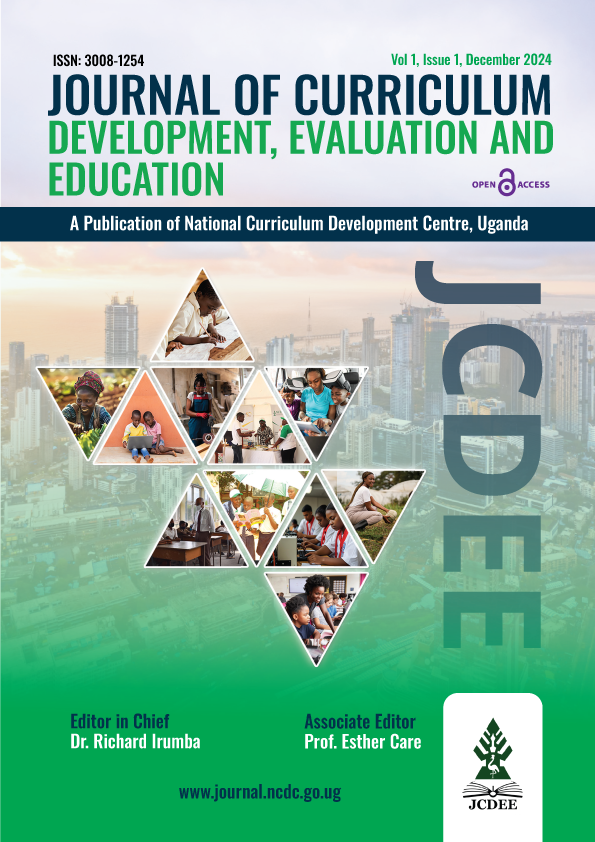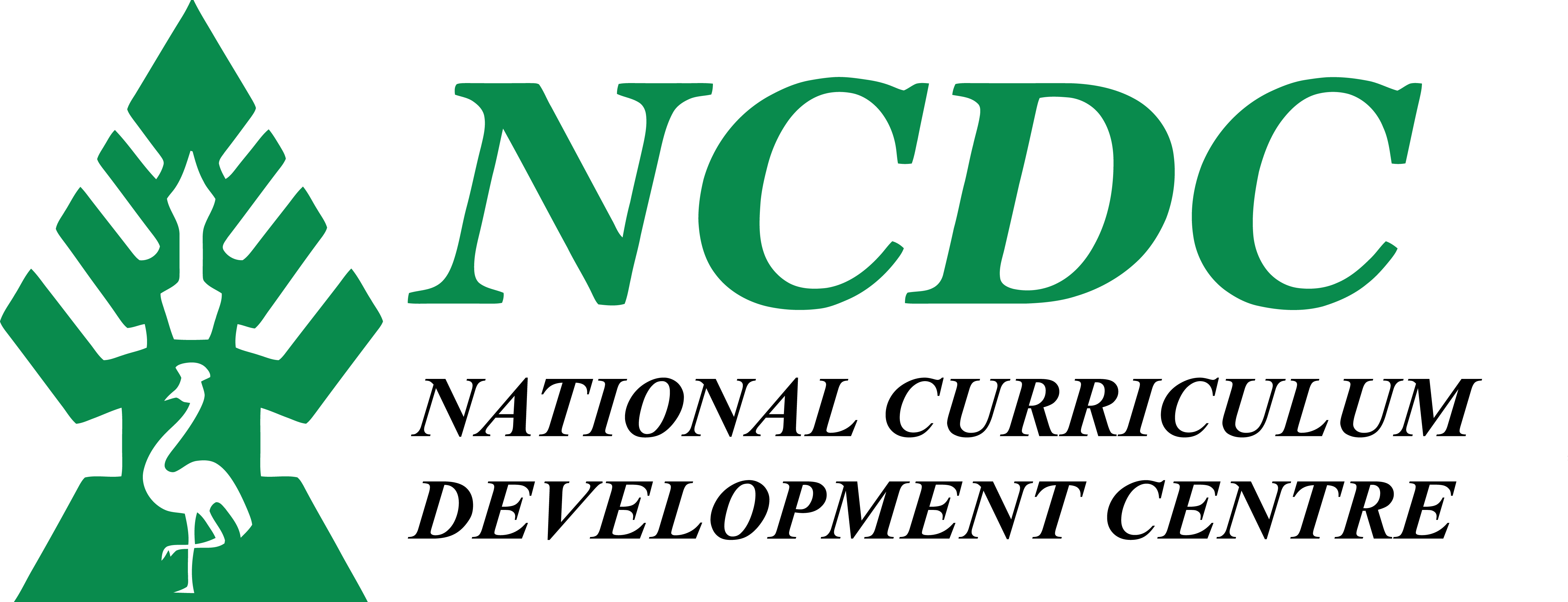Pharmacological Literacy as Curriculum Input for Functional Health Education Programme: Perception of Health Educators in Nigeria
DOI:
https://doi.org/10.64948/JCDEE.v1.i1.2024.2Keywords:
Curriculum input, Health education, Pharmacological literacy, Functional Health, Education, NigeriaAbstract
Health Education (HE) was established as a distinct programme from Physical Education less than three decades ago in Nigeria to address the country's growing preventive healthcare needs, as recommended by the World Health Organization (WHO) at the Alma Ata Conference in 1978. Despite multiple curriculum reviews aimed at aligning with national health philosophies, significant gaps remain in addressing both communicable and non-communicable diseases. The inclusion of pharmacology in health education is increasingly recognized as essential for enhancing healthcare outcomes. This study investigated the perceptions of health education students regarding the inclusion of pharmacological literacy in the Functional Health Education programme in Nigeria. Utilizing a descriptive survey research design, the study addressed three research questions and sampled 1,892 participants. The instrument used was the Inclusion of Pharmacological Literacy Questionnaire (IPLQ). The findings revealed a positive perception among health education students towards incorporating pharmacological literacy into the curriculum. Consequently, it is recommended that the National University Commission (NUC) incorporate Pharmacological Health Education into Nigeria's academic programme in Health Education.
Downloads
Analytics

Downloads
Published
How to Cite
Issue
Section
License
By submitting to JCDEE, I confirm the work is original, ethical, approved by all authors, not under review elsewhere, follows policies, and will be under CC BY-NC-SA 4.0 (Non-Commercial).

This work is licensed under a Creative Commons Attribution-NonCommercial-ShareAlike 4.0 International License (CC BY-NC-SA 4.0) .





